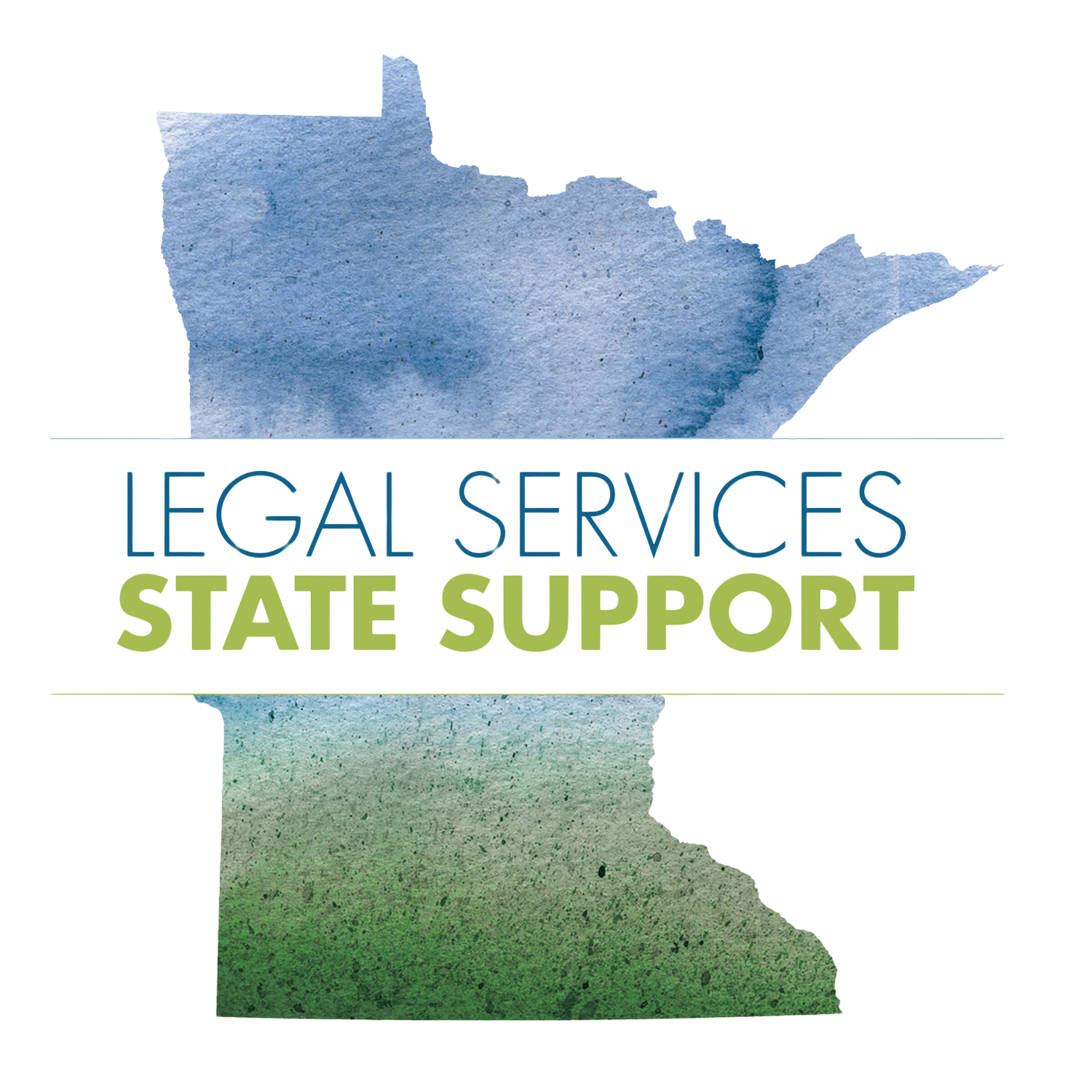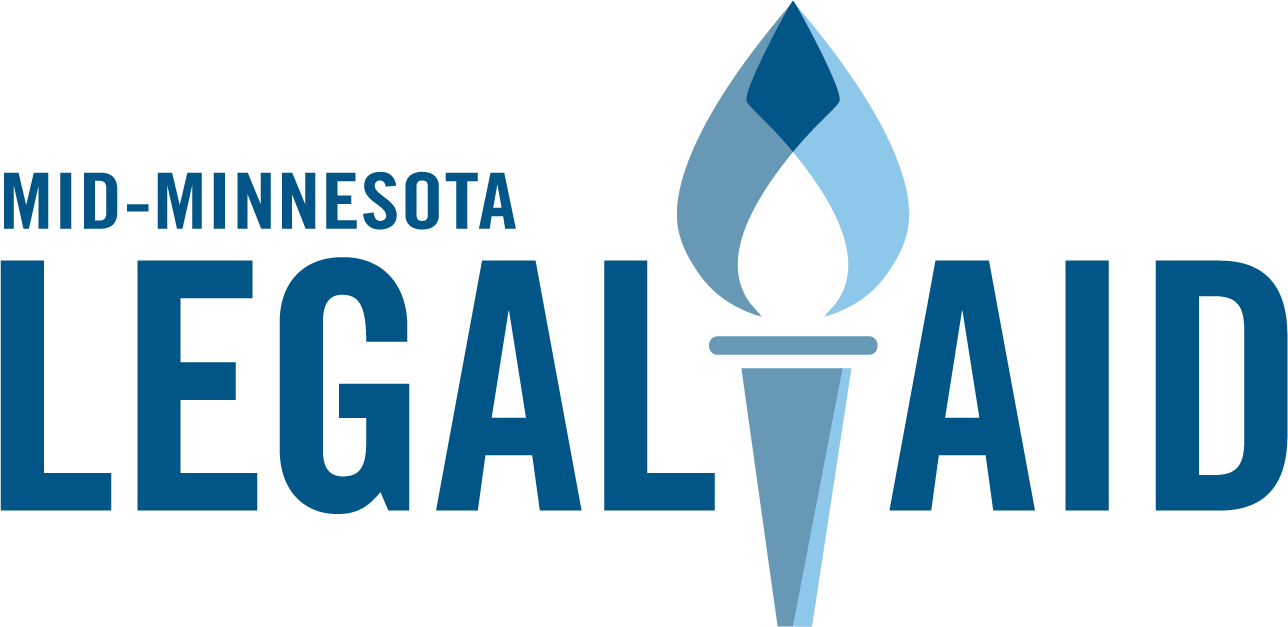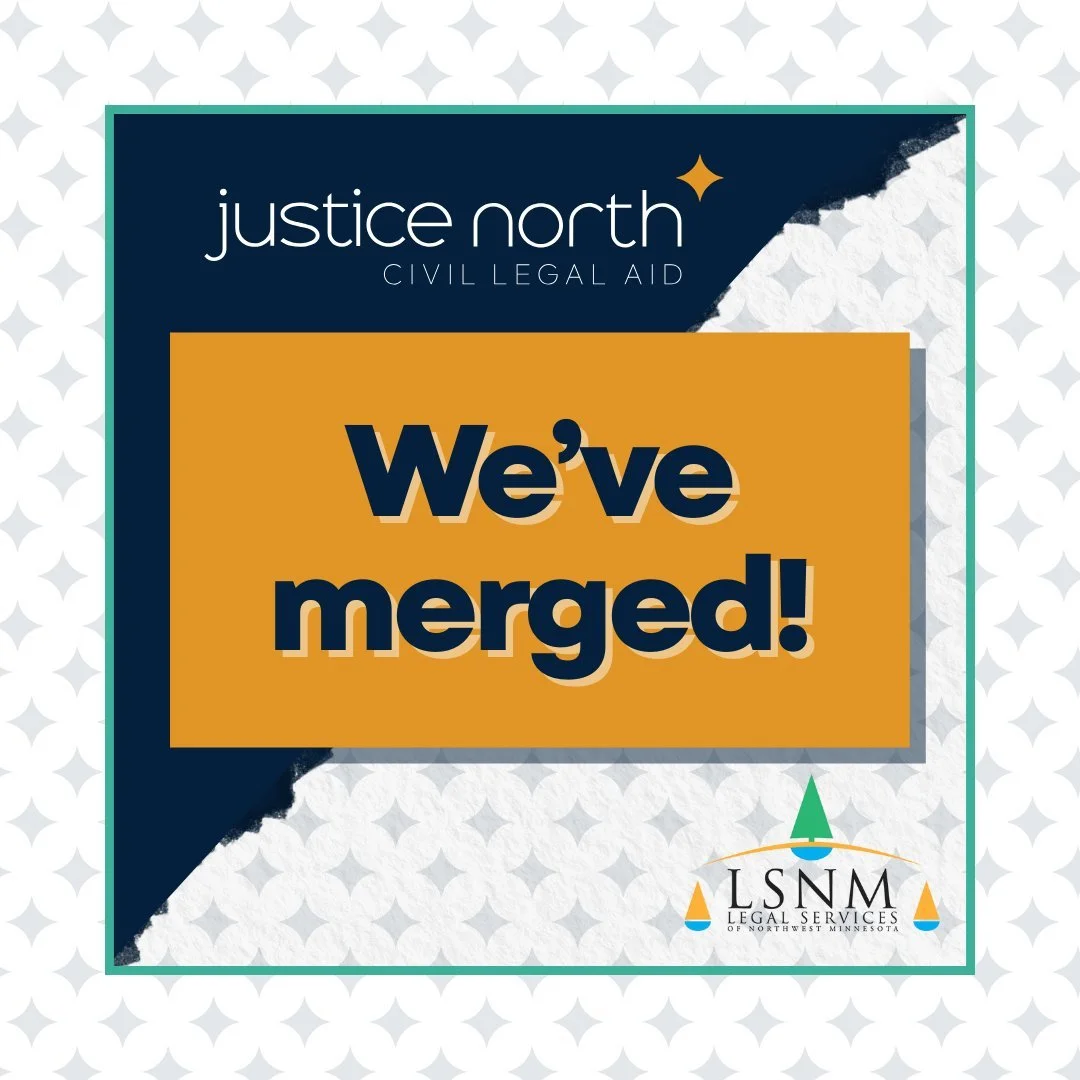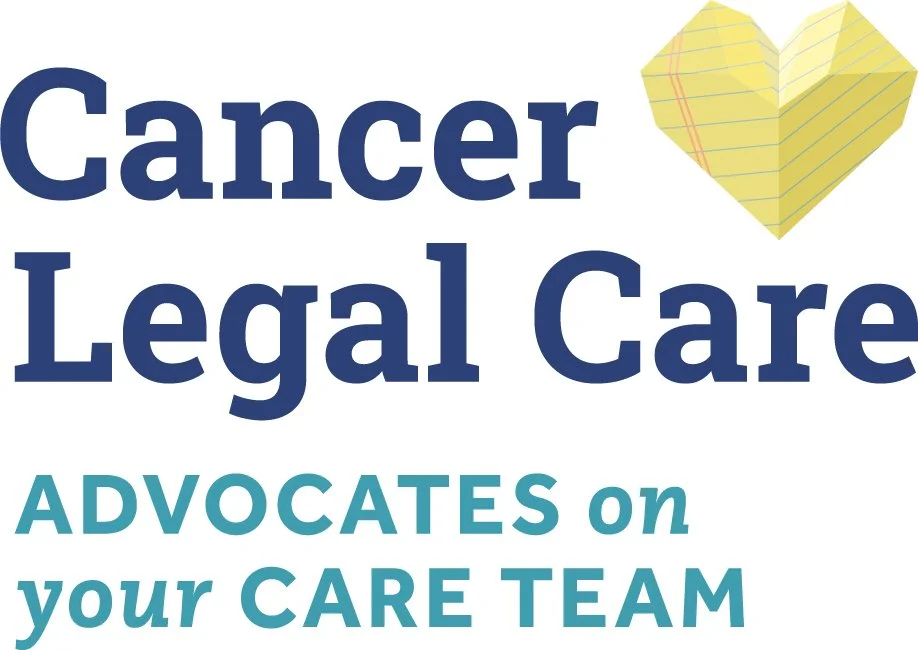
Legal Services State Support — Connecting the Legal Aid Community
In the News
This week, the Minnesota State Bar Association (MSBA), along with colleagues from the Hennepin and Ramsey County Bar Associations, will host on online forum to address the heightened legal need in Minnesota’s immigrant communities. The online forum will be held on Friday, February 13, at 12:00 p.m. and will offer lawyers the opportunity to connect with leaders from the Legal Services Immigration HUB (Immigrant Law Center of Minnesota, Mid-Minnesota Legal Aid, and Southern Regional Legal Services, The Advocates for Human Rights, and Volunteer Lawyers Network) and the James H. Binger Center for New Americans.
The forum will be a moderated discussion, led by Cynthia Anderson, pro bono immigration lead with Faegre Drinker Biddle & Reath, that aims to equip attorneys with strategies to provide meaningful, effective support to immigrant clients during this challenging time. As immigration leaders, forum panelists will provide an overview of urgent and emerging legal needs, as well as practical, how-to guidance for attorneys in diverse practice areas who want to effectively support these needs. Time will be devoted to Q & A.
With increasing frequency over the past eight weeks, Minnesota attorneys and advocates are recommending that residents and families at risk of detainment or deportation have a plan in place. As a first line tool in case of separation, many are suggesting a Delegation of Parental Authority (DOPA) be made so that a trusted adult can be legally designated to make decisions and provide care for a child in case their parents are absent.
In Make Plans for Your Kids, Minnesota Advocates Urge Immigrant Parents in ICE Crosshairs, Imprint News discusses the pros and cons of the DOPA and other legal options with several attorneys, including Pheng Thao of Mid-Minnesota Legal Aid.
To make sure that families are legally prepared, the Volunteer Lawyers Network launched new Deportation Preparedness Phone Services to help clients understand what they can do to take care of the family members, personal property, and financial obligations they may leave behind if they get detained or deported.
By Lisa Ramirez, Communications Director, Mid-Minnesota Legal Aid
Mid-Minnesota Legal Aid’s consumer unit has made its mark, hosting “Low Income Taxpayer Clinics” (LITCs) throughout Minnesota and providing effective representation to clients in IRS disputes. In 2026, the unit is proudly expanding its scope of services by taking on state tax cases, as well.
Historically, state tax work by the unit was limited to cases connected to an IRS case with conditions — the cases had to stem from the same IRS tax issue and had to occur in the same year. This is no longer the case. Today, the unit’s state cases only need to fall within the project’s priority areas and do not need to be connected to a federal case.
Legal Aid Tax Attorney Aisha Servaty says a tremendous gap in services has existed when it comes to assisting taxpayers in state tax cases and this new model of LITC services will help narrow it.
On January 1, 2026, Justice North and Legal Services of Northwest Minnesota (LSNM) began operating together under one name: Justice North. For decades, the two civil legal aid programs have worked side by side to serve individuals and families in Minnesota’s northwestern and northeastern regions. With this merger, the two staffs combine their institutional expertise, capacity, and resources to serve 33 counties—more than 52,000 square miles across northern Minnesota—with more comprehensive services and a stronger community presence throughout the region. The historic merger creates one of the largest civil legal aid service areas in the state dedicated to the provision of high-quality civil legal help to those with low incomes.
The two organizations joined forces because of a mutual belief that it would improve their services, streamline their work, and make it easier for people to access the civil legal help they need. All existing Justice North and LSNM offices will keep operating as part of the new Justice North. Offices are located in Alexandria, Bemidji, Brainerd, Duluth, Grand Rapids, Moorhead, Pine City, and Virginia.
Earlier this fall, Mid-Minnesota Legal Aid led a successful challenge at the Minnesota Supreme Court to reverse a 1995 precedent affecting renters using housing subsidies. One protection Minnesota tenants have is that landlords waive their right to evict if they accept rent payments despite knowing about specific lease violations. Until now this protection didn’t apply to tenants who used housing subsidies like Section 8 vouchers to pay rent. They could still be evicted.
Gary Van Winkle, a veteran housing attorney with Mid-Minnesota Legal Aid, represented a client who continued to pay rent using Section 8 vouchers for months after her landlord learned about a lease violation in 2022. When the landlord began an eviction action against her the following year, Van Winkle took the case in hopes of challenging the long-standing precedent. In pursuing it all way to the Supreme Court, the client and Van Winkle were able to secure an eviction protection that renters using subsidies have been denied for 30 years.
State Support is excited to announce a new project with our legal services community partner, Cancer Legal Care (CLC), a nonprofit law firm providing free legal advice and services to Minnesotans facing cancer. The Connections Project is a co-envisioned endeavor to broadly share information about LawHelpMN.org with CLC’s connections in the Minnesota health care and cancer support communities. Through this joint communications effort, State Support hopes to develop relationships that will increase the reach of LawHelpMN across sectors, while CLC simultaneously expands the provision of legal support resources to assist with the myriad issues that can come up during a cancer diagnosis.
CLC’s long-standing legal work in Minnesota provides vital services for those whose lives are upended by cancer. Since 2019, CLC’s direct legal services have protected or recovered more than $5,000,000 for their clients by way of successful insurance appeals for denied cancer treatments, life insurance benefits, private disability benefits, and securing monthly income streams through Social Security disability benefits when clients are no longer able to work. Anyone affected by any cancer (patient, survivor, or caregiver) living anywhere in the state is eligible for CLC’s services. To date they have served clients in 79 of Minnesota’s 87 counties.
Minnesota House Speaker Emerita, Melissa Hortman, was posthumously honored with a Courageous Leader Award from the National Legal Aid and Defender Association (NLADA) at their Annual Conference in Washington, D.C. on October 31, 2025. Speaker Emerita Hortman’s children, Colin and Sophie Hortman, attended in person to accept the award on her behalf. Also in attendance from Minnesota were the current and former executive directors of Central Minnesota Legal Services, Daniel Morris and Jean Lastine, along with current and former executive directors of Mid-Minnesota Legal Aid, Milo Mumgaard and Jeremy Lane. Lastine was the convening author of the nomination letter recommending Hortman for the award on behalf of both programs, and all of the statewide legal services community.
In accepting the award for the Hortmans, family friend Robin Ann Williams’ remarks were accompanied by a video of Speaker Hortman in action at the State Capitol, vividly demonstrating what a fighter for equal justice she was. Williams’ tribute was followed by an emotional and heartfelt standing ovation from colleagues across the country.
Earlier this month, voters in Duluth successfully endorsed a new renters’ rights law— the first of its kind in Minnesota — that allows tenants to start a repairs process without city inspection and with a guarantee that their landlord will pay. It is hoped the landslide victory will provide renters with more meaningful leverage when a small repair is needed.
The new ordinance requires renters to give their landlord written notice that a “common” repair is needed and that if it’s not fixed or scheduled to be repaired within two weeks, the cost to correct it will be deducted from the tenant’s rent. After that, a licensed contractor could be hired by the tenant with the reimbursement amount not to exceed half a month’s rent or $500, whichever is greater.
Advocates for the new ordinance had argued for months that existing renter protections at the state and local levels weren’t doing the job, especially for simple repairs, and that tenants were waiting for long periods of time or going to court to try and get issues resolved.
Legal Services State Support is pleased to introduce an enhanced way to earn continuing legal education credit (CLE) using its new online training portal. TalentLMS is now the home for State Support trainings approved for on-demand CLE. TalentLMS is an online learning platform designed to provide users with intuitive and sequential navigation that tracks completed training and earned credit in a searchable catalog arranged by topic. There are currently 32 on-demand trainings available with more being added regularly. Users can create a free account to track their training or start right away by clicking on a course if no CLE credit is needed. The portal guides users with easy step-by-step instructions for watching a recorded training and accessing training materials, presenter bios, and the CLE code and documentation upon completion.
Chelsea Stanton, State Support’s program support specialist, led the project to relocate and redesign the on-demand training library. “TalentLMS is built for organizing and presenting a library of courses. We hope the resulting user experience is better, and in the future, we hope to include courses that are past their 24-month on-demand credit period but are still useful for new legal aid staff,” Stanton said.
A new report from the Access to Justice Committee of the Minnesota State Bar Association (MSBA) quantifies the economic value created by Minnesota’s civil legal aid providers in 2023. Data and analysis from the report shows a net economic impact of more than $239 million and that for every $1 invested in civil legal aid, the state yields $4.32 in immediate and long-term financial benefits. Some of these benefits include keeping kids in schools and families housed, and keeping people employed, which results in economic stability. In normal financial analysis, Return on Investment (ROI) is the ratio of money gained or lost relative to the money invested. For social service organizations such as legal aid, Social Return on Investment (SROI) measures both the immediate and long-term financial value created by organizations through delivery of services to the community. The new report’s analysis shows an impressive 432% SROI for civil legal aid.
Authored by Community Services Analysis LLC, data was reviewed from 11 civil legal aid organizations across Minnesota that provide a wide array of legal services to Minnesotans with low incomes. These services include representation and support in family law, housing, health care, public benefits, consumer protection, immigration and many other types of civil legal cases. The report offers highlights from Minnesota’s civil legal aid providers as well as details about methodology and a summary of SROI analysis value.
Celebrating Pro Bono Week: October 20 - 24, 2025
Each October Minnesota recognizes its pro bono commitment in tandem with the American Bar Association’s national Pro Bono Week Celebration. Pro bono work is a professional responsibility and an individual ethical commitment of each lawyer. Since 2009, legal organizations across America participate in the ABA’s national celebration because of the increasing need for pro bono services during harsh economic times and the unprecedented response of attorneys to meet this demand.
This national initiative honors the work of Minnesota lawyers who dedicate time to pro bono. Learn new skills. Discover opportunities. Make a difference. And thank you for providing Pro Bono services during the year.
The Minnesota State Bar Association (MSBA), Justice North, Mid-Minnesota Legal Aid, Legal Services of Northwest Minnesota (LSNM), and Volunteer Lawyers Network invite you to participate in a week-long series of CLEs and social events for pro bono lawyers and advocates. Here is a round-up of the weeks’ events:
Monday, October 20
Empowering Justice: The Imperative Need for Pro Bono
Adynamic lunchtime session focused on the urgent need for volunteer legal services. Hear from judicial and bar leaders about their support for pro bono work, learn about the challenges facing legal aid organizations, and discover how you can make a meaningful impact.
On Monday, Mid-Minnesota Legal Aid attorneys were featured in the Star Tribune to discuss the swell of immigration cases that they and local colleagues are facing in the provision of free legal services. Federal data shows more than 1,000 detentions in Minnesota through the end of July and deportations are happening much more rapidly since the beginning of the year. Many facing immigration-related legal proceedings do not have an attorney because public defenders are not provided for civil cases. For limited legal aid providers and their private practice counterparts, all of this has led to longer than normal wait times and ever-increasing caseloads. Fraud is growing, too, as well as fear of going back to court without a lawyer for those with pending cases.
Despite the commitment and care of Minnesota’s nonprofit attorneys, funding constraints are further limiting their ability to help a growing number of clients. “There are so many more people who need our help who never needed it before,” said Alison Griffith, supervising attorney for Mid-Minnesota Legal Aid. “So many people who weren’t a priority for removal are now facing a removal order.” Read more in “Up to our eyeballs’: Immigration lawyers struggle to keep up…”











